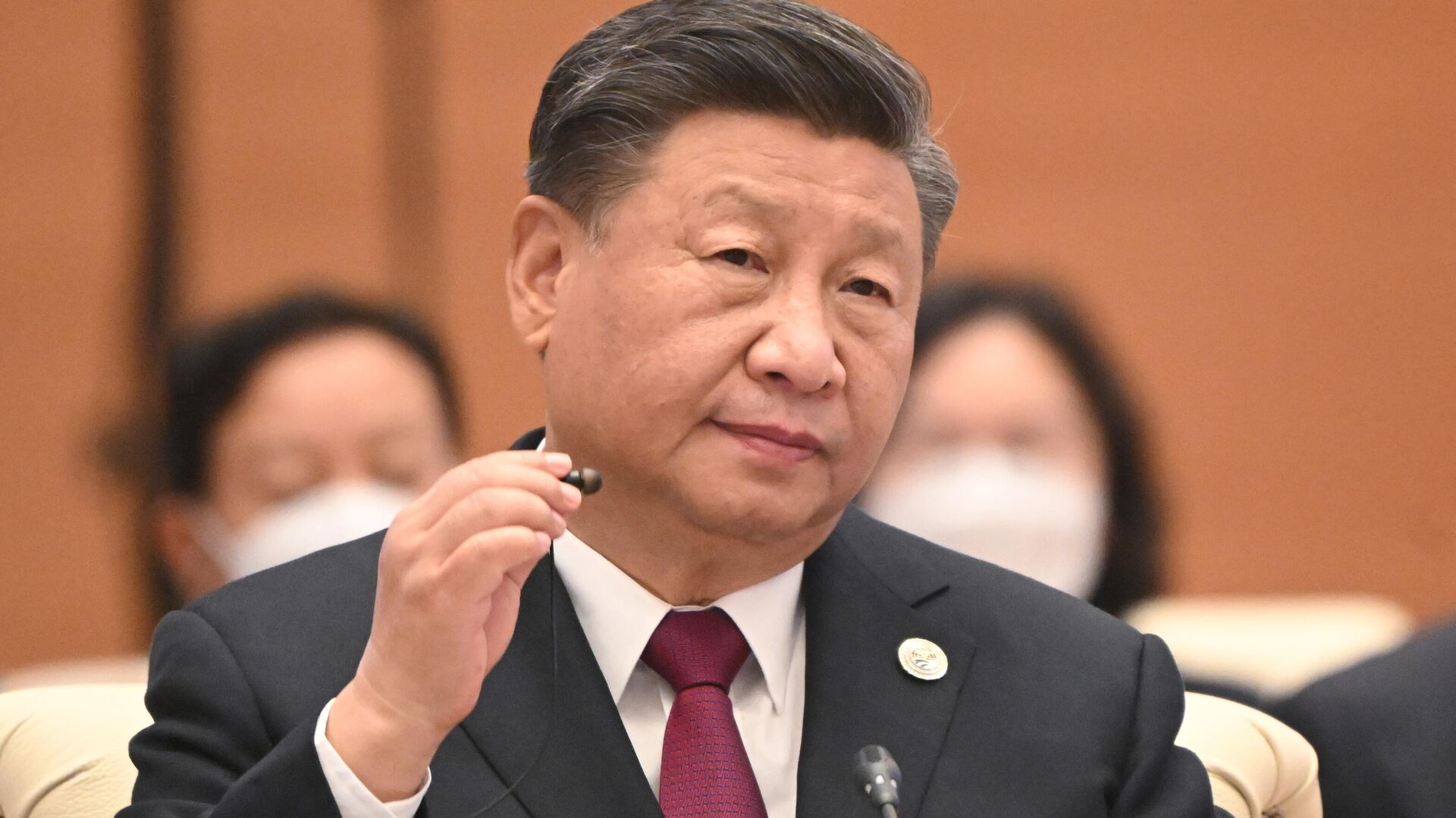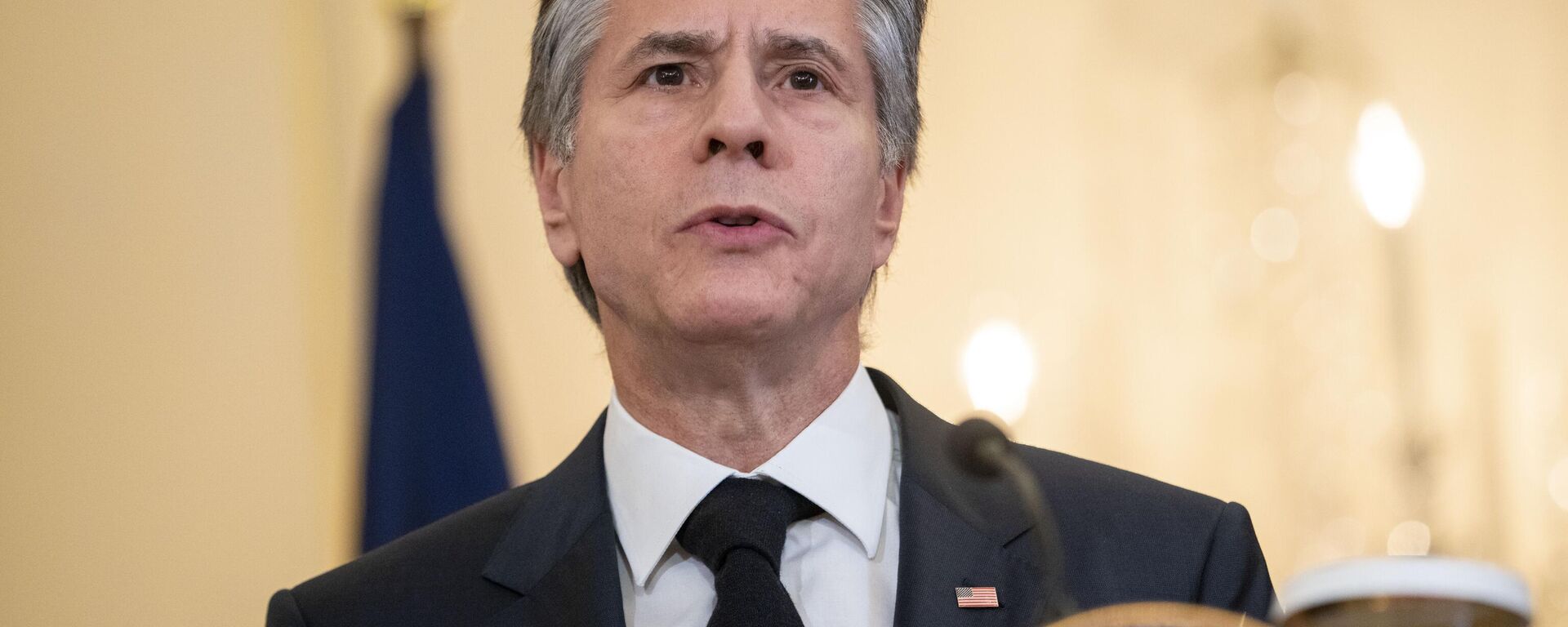Xi Urges Politburo to Push Massive Effort to Place China at Head of Global ‘Sci-Tech Revolution’

© Sputnik / Sergei Guneyev
/ Subscribe
Chinese President Xi Jinping has urged the leading body of the Communist Party of China to invest more heavily in cultivating China’s technological skill base in order to ensure it can be both self-sufficient and compete on a global scale.
Speaking to the Political Bureau of the CPC Central Committee on Wednesday, Xi urged greater investment in “basic research,” including science education at an earlier age, as well as “strengthening the feasibility studies and the selection and evaluation of major basic research projects, fully respecting scientists' advice, and grasping the general trends to make an early start,” in order to achieve “greater self-reliance and strength in science and technology” and to “become a world leader in science and technology,” according to Chinese media.
Xi said the world was on the edge of a new “sci-tech revolution and industrial transformation,” and China could be at the head of it.
While he emphasized the need for China to be as self-sufficient as possible, including in its scientific research, he also stressed that international cooperation was more important than ever, and urged the Politburo to build a platform for research cooperation and the establishment of a global scientific research fund. He said efforts should be made to enhance openness, trust and cooperation in the international sci-tech community.
China has long courted its tech sector to catapult the country towards modernity, with Xi laying out a plan in 2017 for the socialist state to become a “moderately prosperous society” by 2020 and a “fully developed nation” and “a global leader in terms of comprehensive national power and international influence” by 2049, the centenary of the foundation of the People’s Republic of China (PRC). However, the budget for scientific research has remained comparatively small, with China getting much of its technological prowess from the Western companies that agree to set up shop there.
That is in part why the Communist Party has pushed up a new crop of party leaders with experience in aerospace, artificial intelligence and other strategically important areas. Observers noted that after the 20th Party Congress last October, their numbers in the newly Central Committee had reached nearly 40% - a level of tech expertise last seen in 1992, when then-leader Jiang Zemin began another major push to expand and advance the country’s tech industry. In addition, the number of tech experts on the Politburo, a 24-person leadership body formed from the Central Committee, had risen to eight from just two before.
Perceiving the threat to its supremacy, the US has moved in recent years to snuff that effort, encouraging tech companies in the US and allied nations, by hook or by crook, to pull out of their business deals in China. The latest effort has been to deny China access to the world’s most advanced microchips built in Taiwan and the Netherlands. However, critics have noted that such maneuvers will only push China into just the kind of self-sufficient policies Xi has proposed.
Indeed, in December, Chinese media reported that Shenzhen-based tech giant Huawei had filed for a patent on EUV lithography, the technology used to make those ultra-advanced microchips - evidently an innovation the company had been working on for years.
In July 2017, China’s State Council also laid out the New Generation AI Development Plan, a roadmap to becoming a world leader in artificial intelligence by 2030, and set aside 400 billion yuan ($59.07 billion) to develop the core of its AI industry by 2025.
Xi’s emphasis on self-sufficient research groups is also in response to the growing hostility to Chinese nationals seen across US society, where racist attacks against Asians and Asian-Americans has increased precipitously since the COVID-19 pandemic began and the US government began blaming China for the respiratory virus. Chinese academics at US research institutions have faced new restrictions on funding, research-sharing, and other essential aspects of joint research ventures.
A study by the New York-based Institute of International Education published in November 2022 found that in the 2019-20 academic year, the last before the pandemic, Chinese nationals accounted for 35% of foreigners studying in the US and contributed $15.9 billion toward the US economy; but by 2022, that number had fallen by more than half.
"Even before the pandemic, Chinese students were shifting their study-abroad sights elsewhere, driven by doubts about whether they would feel welcome in the US and the emergence of more domestic and international alternatives. Travel restrictions and heightened safety concerns during the pandemic accelerated that decline," said the report.



